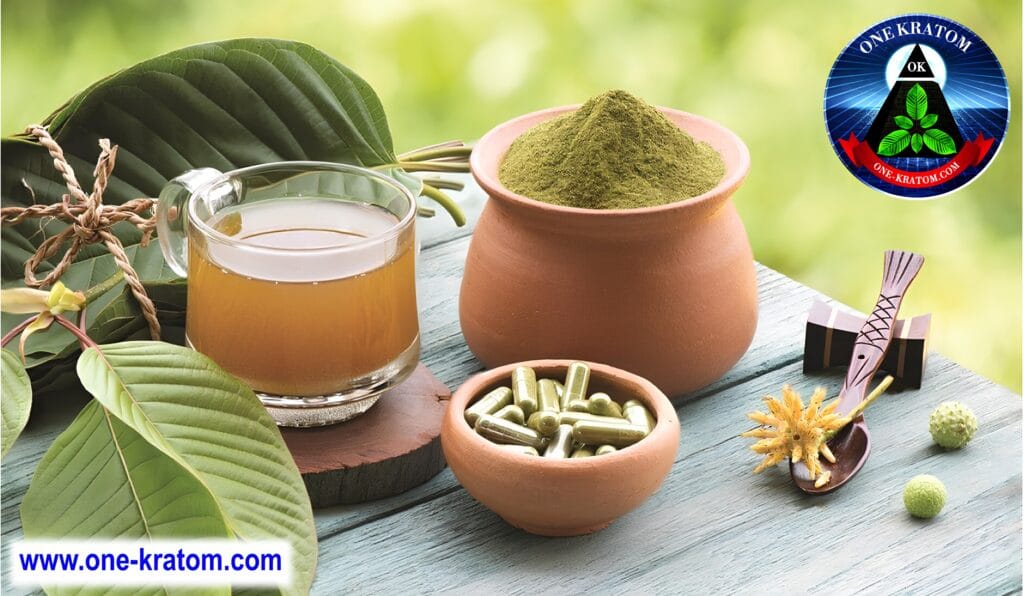
ONE-KRATOM.COM, The Indonesian Minister of Health, has emphasized that kratom is currently not classified as a Schedule I narcotic in Indonesia. This position aligns with global guidelines, particularly those set by the World Health Organization (WHO). According to the Minister, the WHO’s stance is heavily influenced by recommendations from the United Nations Office on Drugs and Crime (UNODC), which has yet to find sufficient evidence to categorize kratom as a highly controlled substance.
UNODC’s ongoing assessment highlights the need for more comprehensive research before making any definitive classification. Given this, the WHO has advised the Indonesian Ministry of Health to await the results of further scientific studies. These studies are expected to provide more conclusive data regarding kratom’s potential risks and benefits, which could then inform any future decisions on its legal status.
“The Ministry of Health follows the guidelines set by WHO,” The Minister stated. “The UNODC, which advises the WHO, has indicated that there is still insufficient evidence to classify kratom as a Schedule I narcotic. Therefore, we are waiting for more complete research before taking any action,” he explained in an interview with CNBC Indonesia at the Indonesian Parliament building on June 25, 2024.
He reiterated that the Indonesian government’s cautious approach reflects a broader international consensus. Countries around the world are also waiting for more definitive scientific findings before making regulatory decisions regarding kratom. “Globally, the situation is the same. Many countries are in a holding pattern, following WHO’s lead and awaiting further evidence,” He added.
When asked about his views on promoting kratom as an export commodity, He clarified that this issue falls outside the Ministry of Health’s jurisdiction. Matters related to the commercial trade and industrial development of kratom are managed by the Ministry of Trade (Kemendag) and the Ministry of Industry (Kemenperin). “Our role at the Ministry of Health is strictly limited to the classification of substances. Decisions about trade and industry are beyond our purview,” he emphasized.
This distinction is crucial for understanding the Indonesian government’s holistic approach to kratom. While the Ministry of Health focuses on potential health impacts and regulatory classifications, the economic aspects are managed separately. This ensures that public health considerations are evaluated independently of commercial interests.
His comments highlight a balanced perspective, one that seeks to protect public health while also recognizing the economic potential of kratom. The ongoing research aims to provide a clearer picture of kratom’s safety profile, which will ultimately guide policy decisions. Until then, the Ministry of Health will continue to defer to international standards and scientific evidence.
Meanwhile, the Ministry of Trade and Ministry of Industry will play key roles in determining kratom’s future as an export commodity. The new export regulations are designed to ensure that only high-quality, refined kratom products enter global markets, potentially boosting Indonesia’s economy. This approach aims to maximize the value of kratom while maintaining strict quality controls to address concerns from importing countries.
In summary, the Minister statements underscore the importance of evidence-based policymaking. The Indonesian government is committed to following international guidelines, ensuring that any future decisions about kratom are informed by robust scientific research. This cautious yet forward-looking strategy reflects Indonesia’s broader commitment to balancing public health and economic development.
